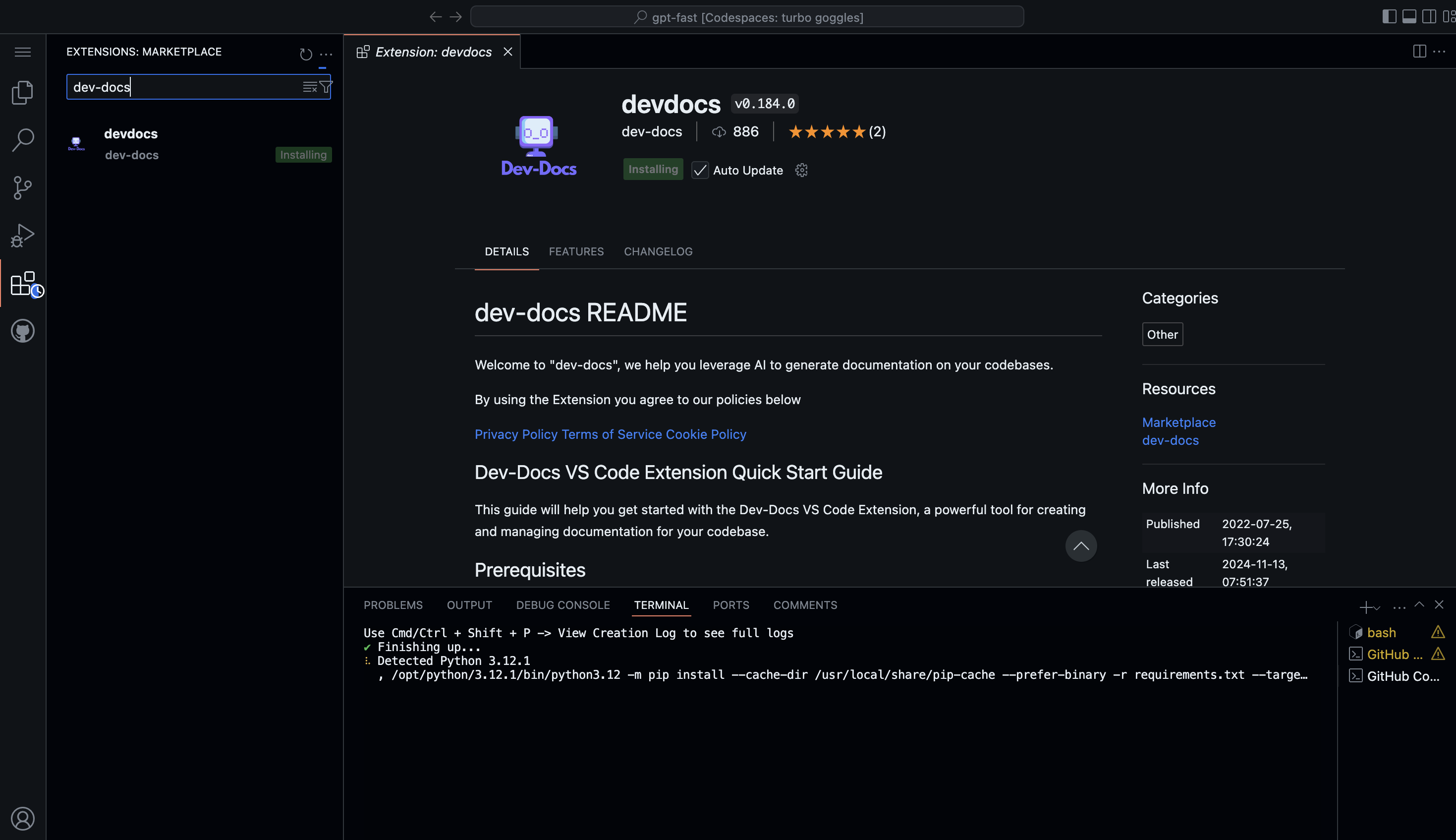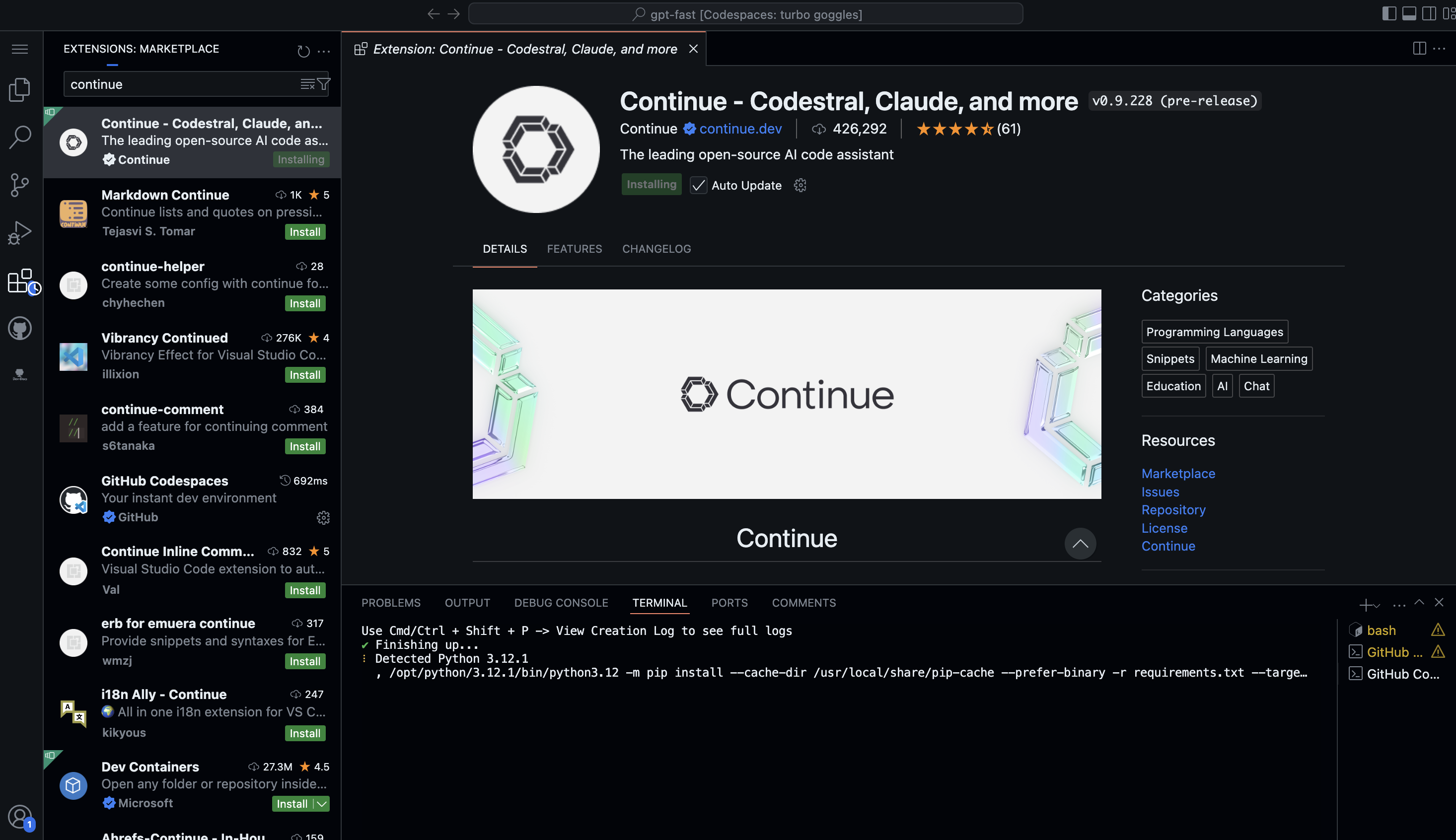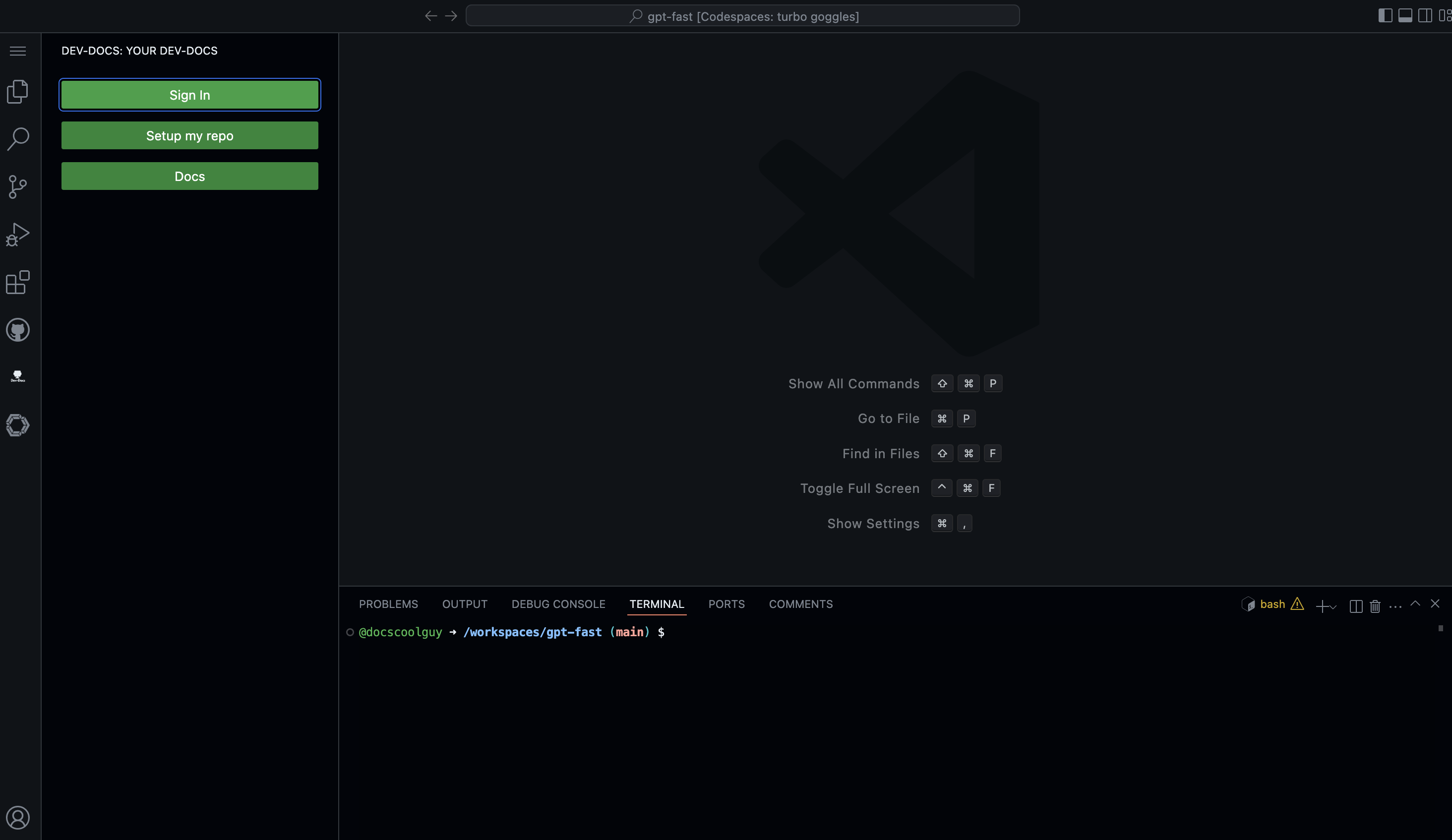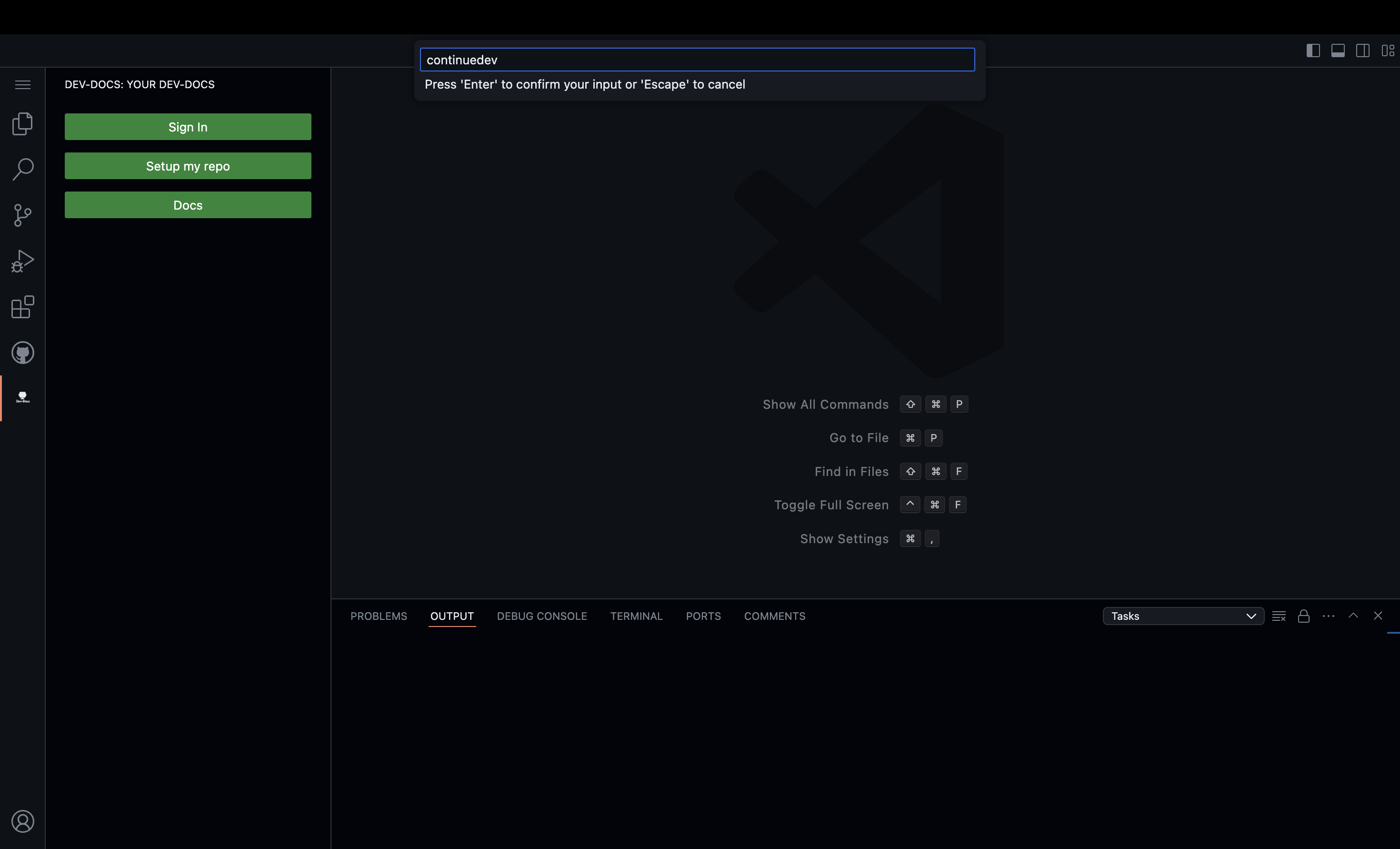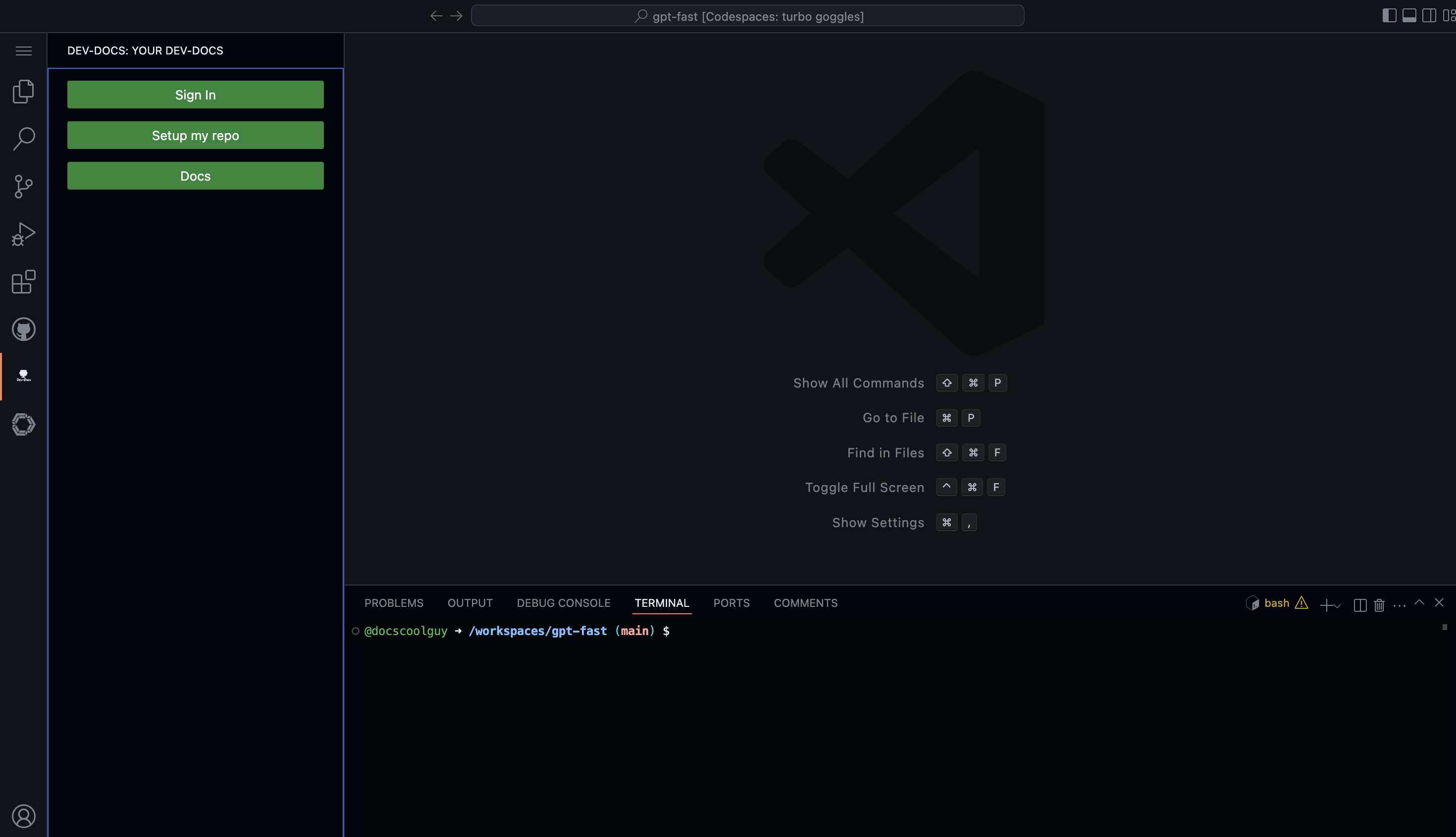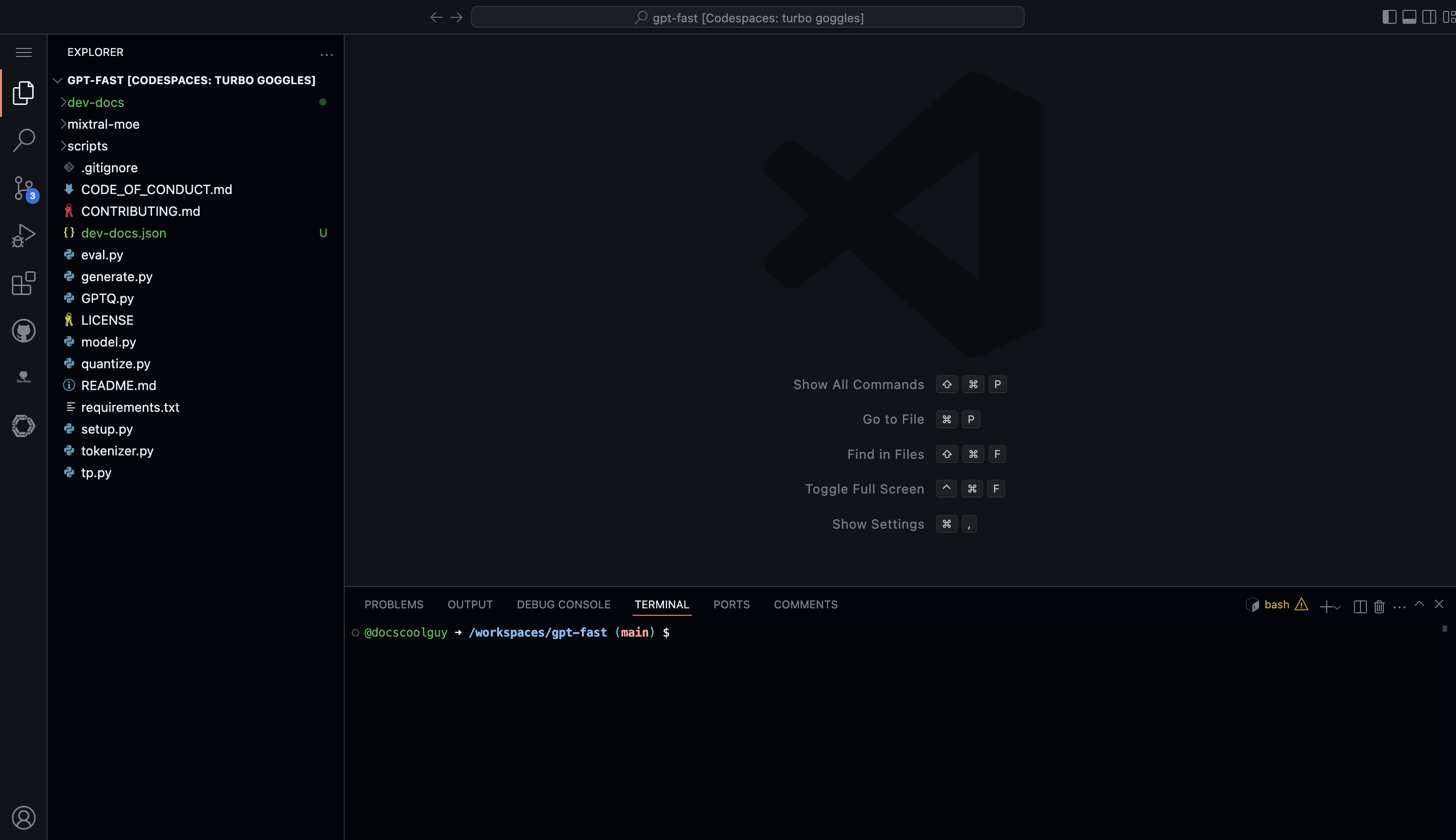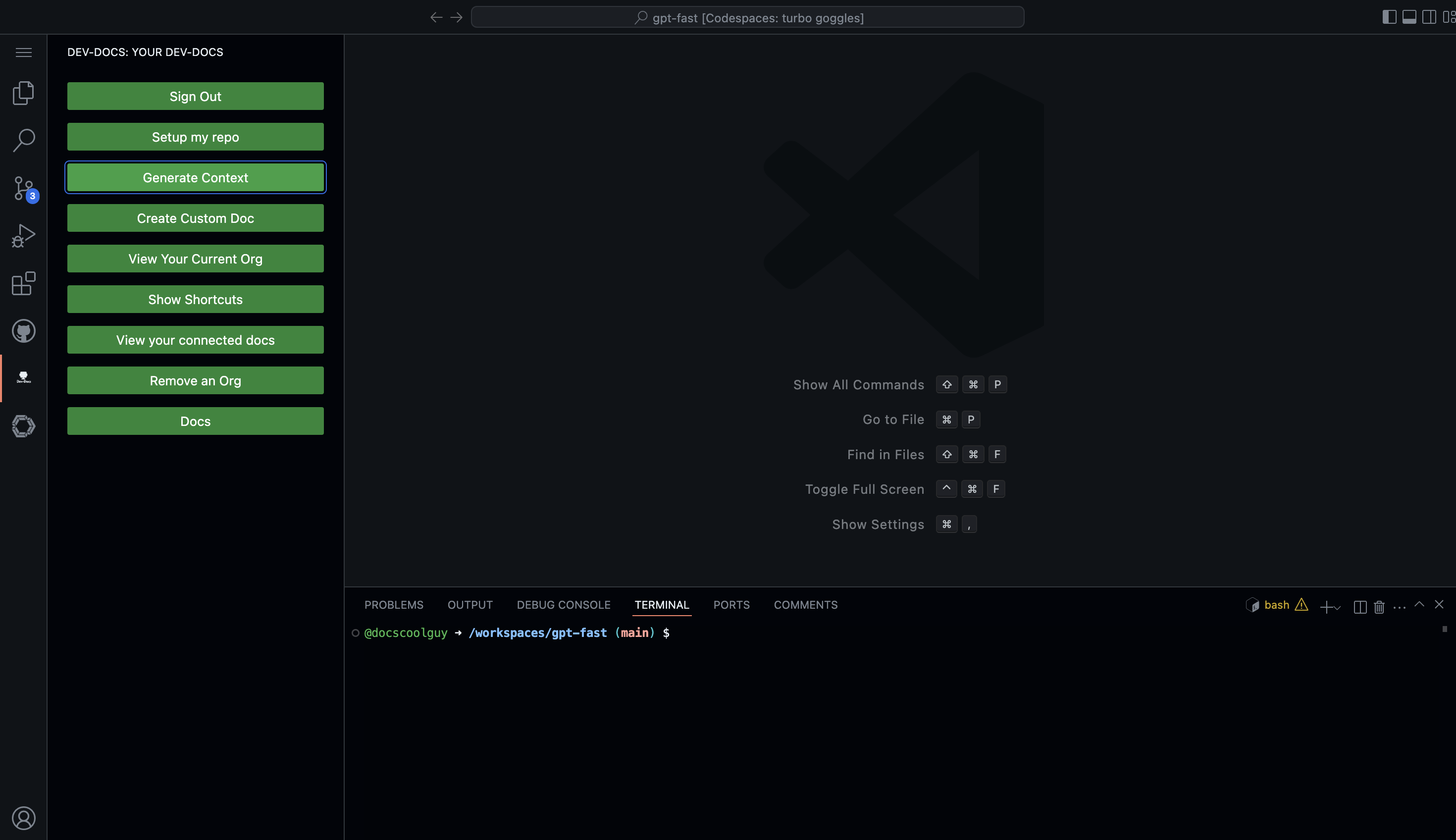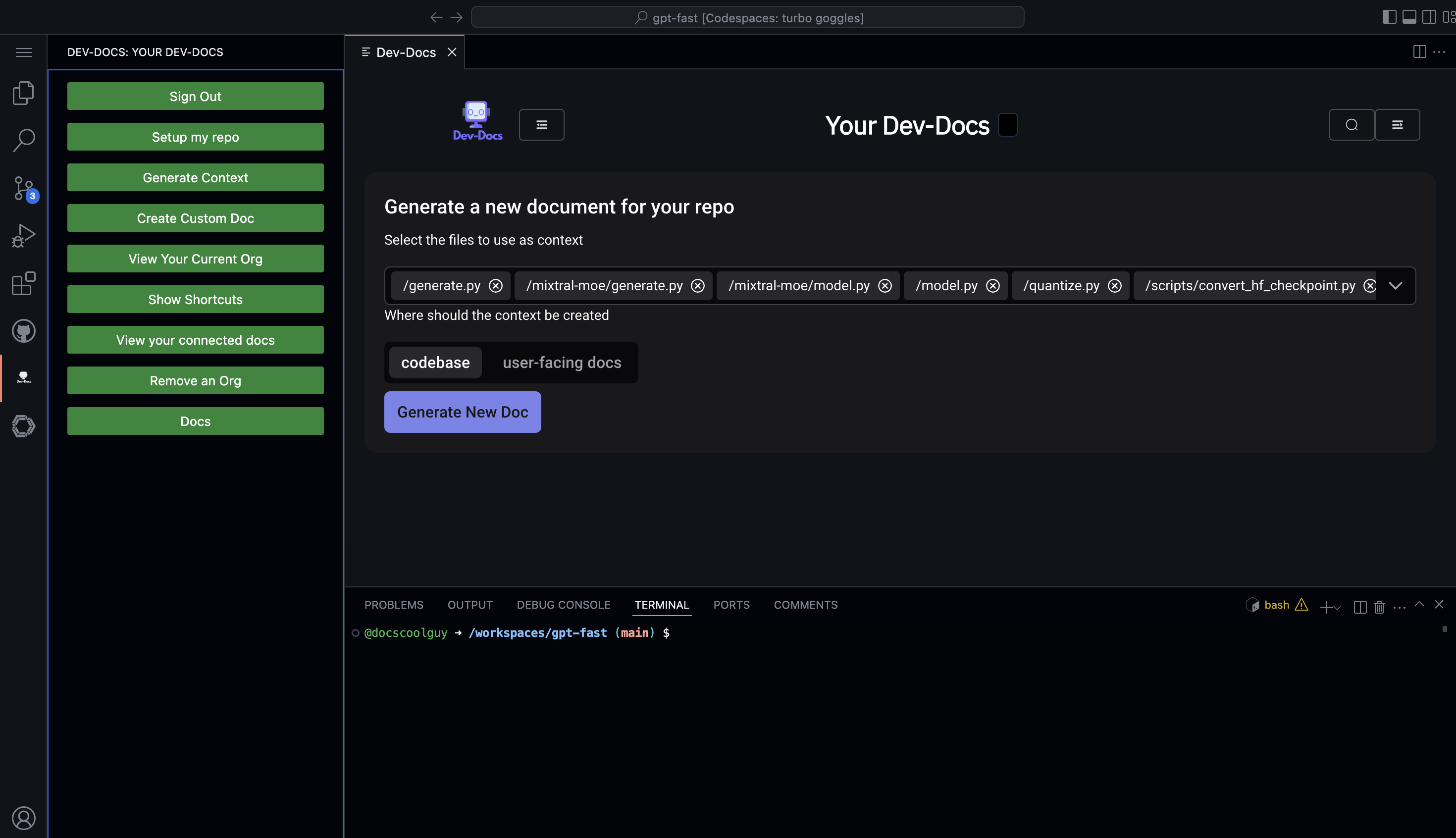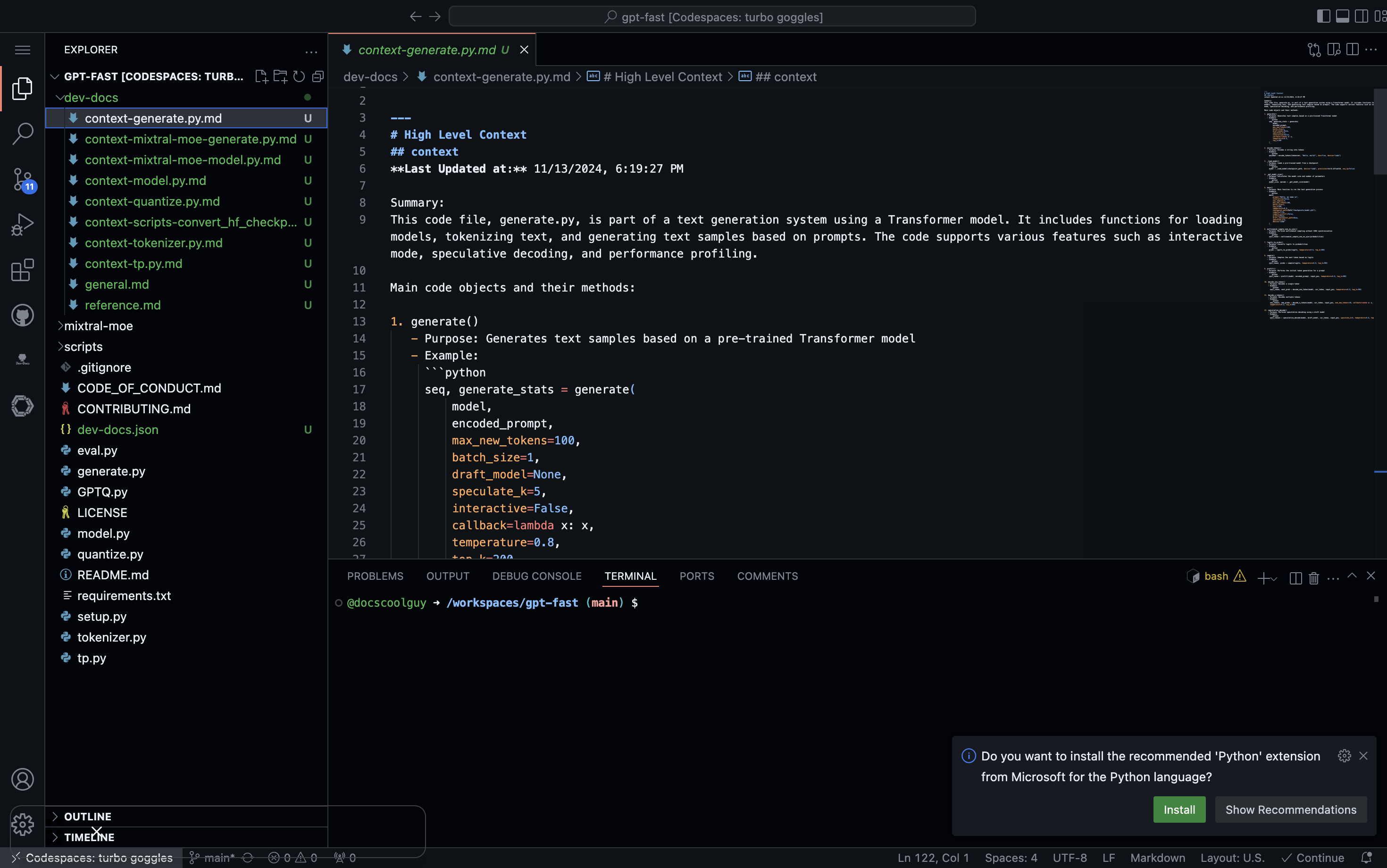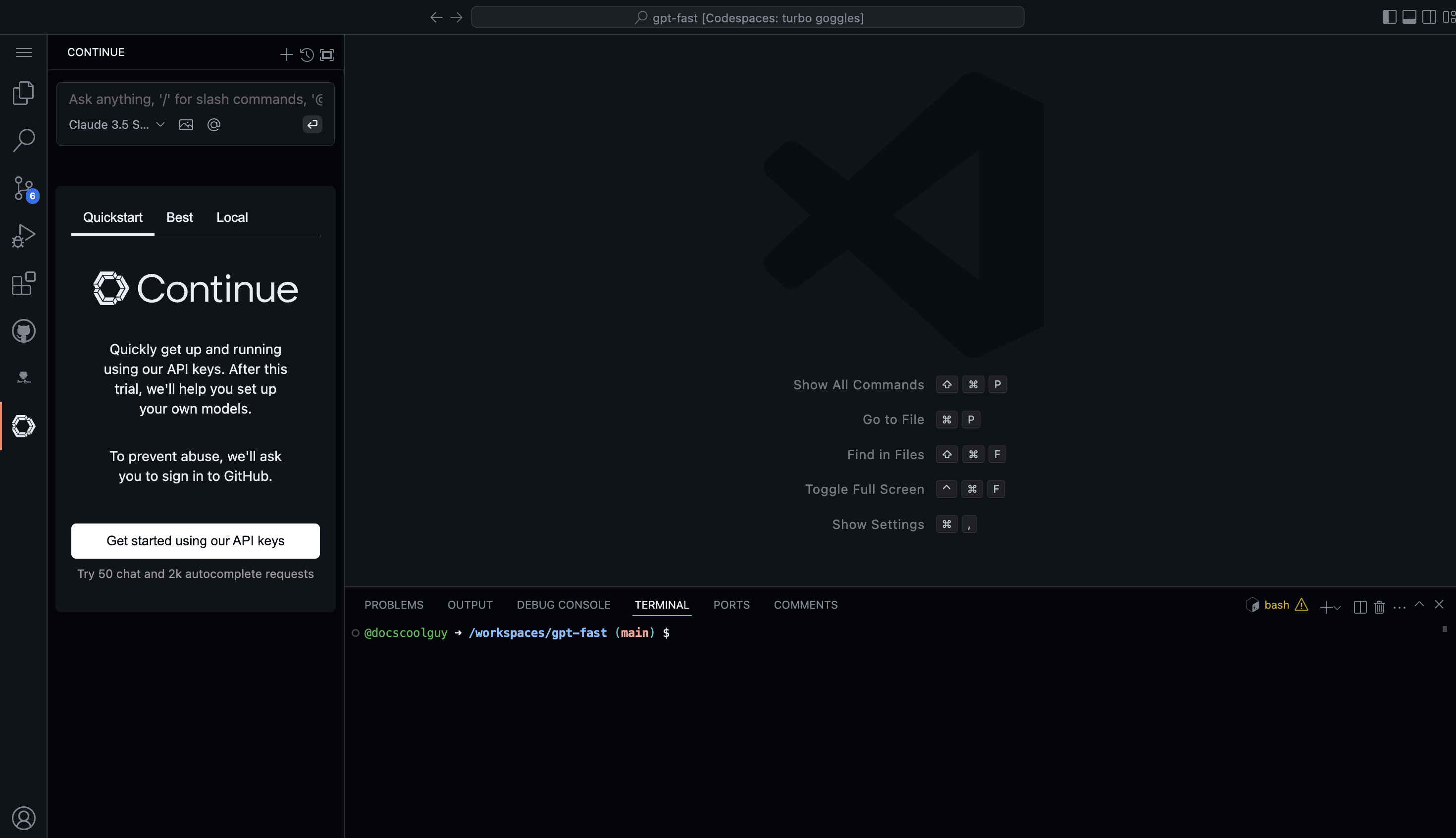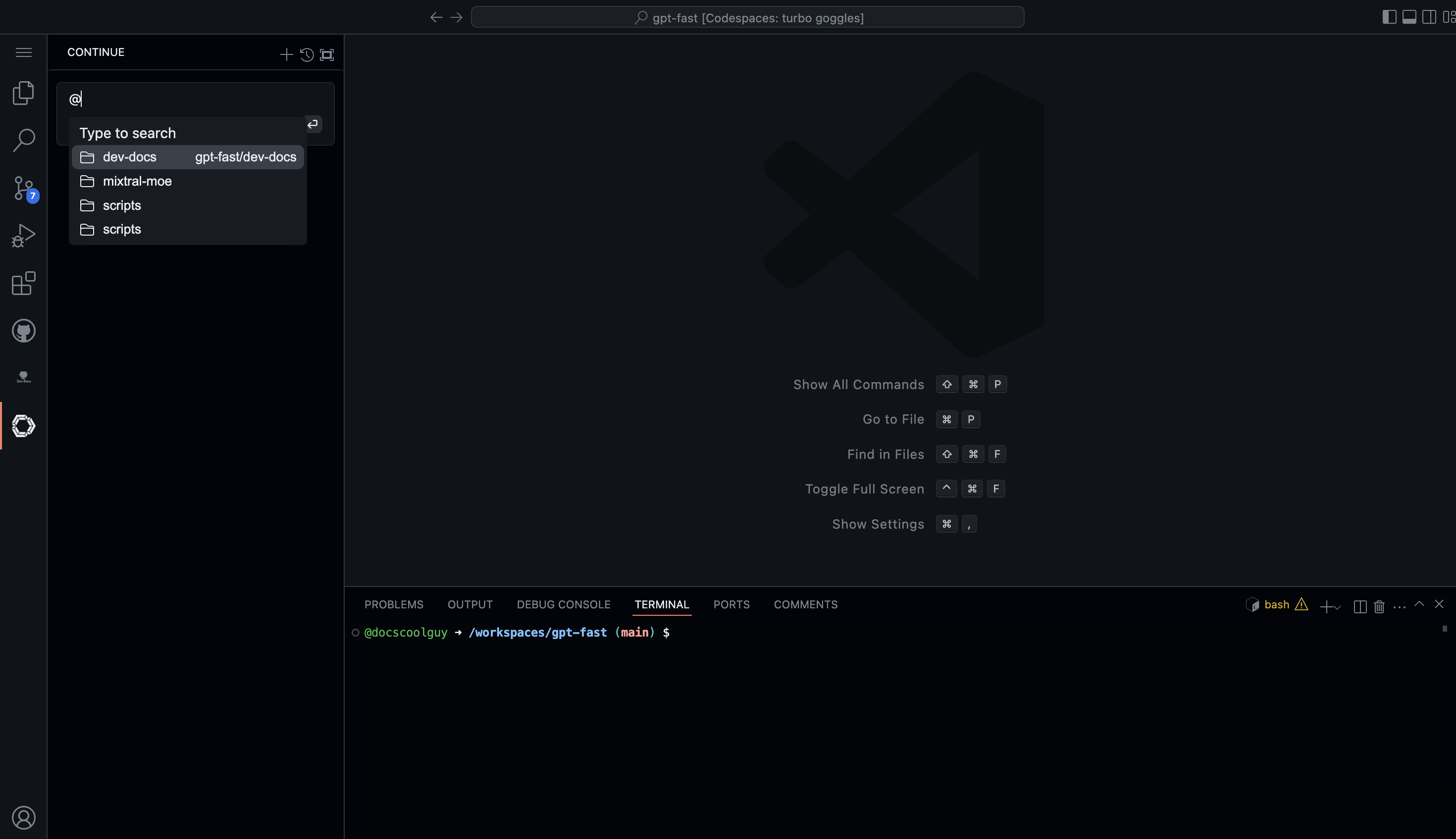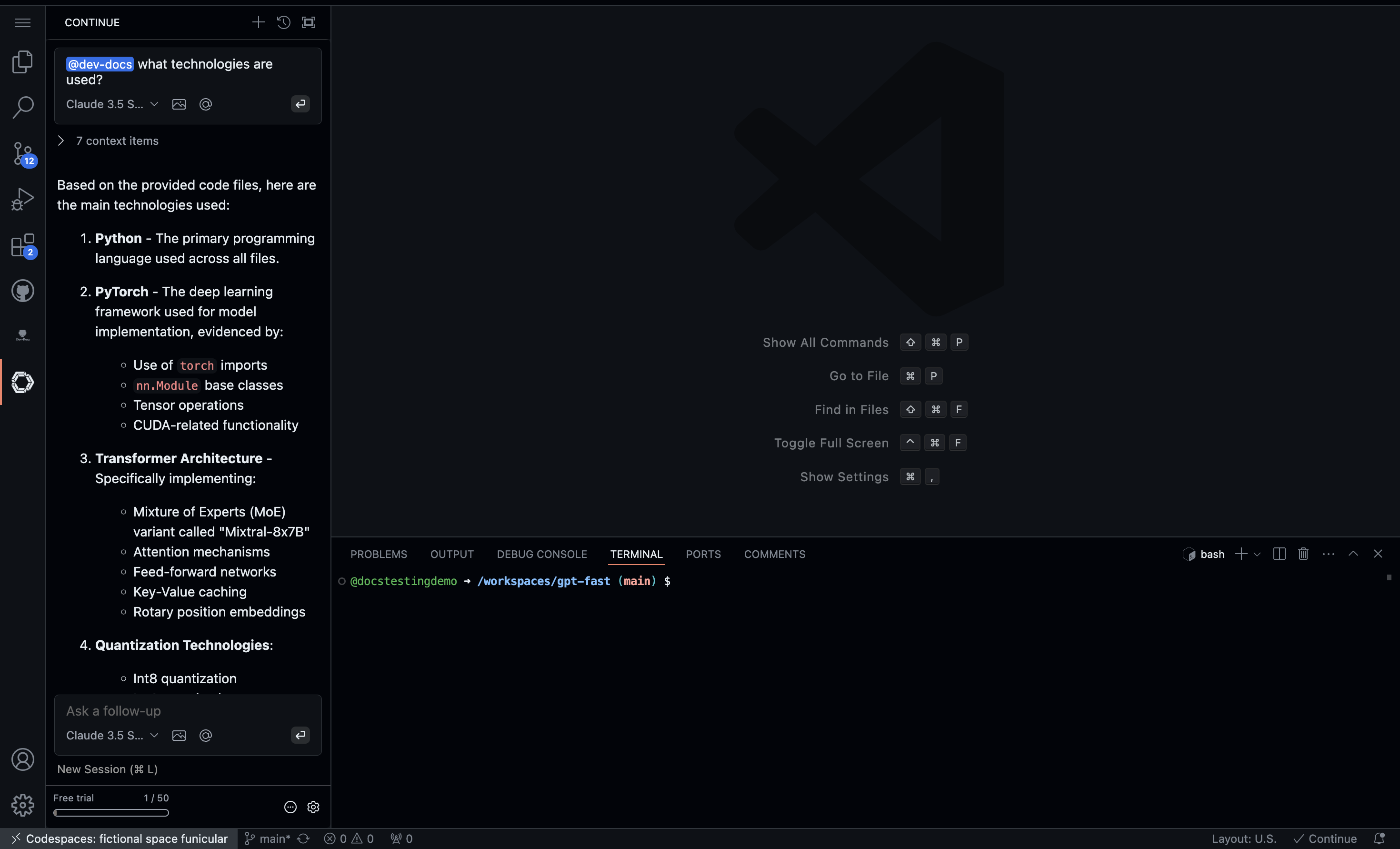Supercharge Your API and SDK Documentation with AI-Powered Dev-Docs
Supercharge Your API and SDK Documentation with AI-Powered Dev-Docs
Andrew Van Beek, On June 6, 2025, 3 min
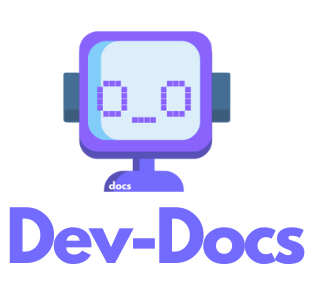
Are you a developer building APIs, SDKs, or other developer tools? Maintaining comprehensive and up-to-date documentation can be a daunting task, especially as your codebase grows in complexity. Enter Dev-Docs, an AI-powered documentation solution that streamlines the process of generating and managing documentation for your projects.
The Challenges of API and SDK Documentation
Developing APIs, SDKs, and other developer tools require meticulous attention to detail and a deep understanding of the underlying code. However, keeping the documentation in sync with the codebase can be a time-consuming and error-prone process. Manual documentation efforts often lead to inconsistencies, outdated information, and a lack of cohesion across different components.
The Dev-Docs Solution
Dev-Docs is a cutting-edge solution that leverages the power of artificial intelligence to automate the documentation process. By analyzing your codebase and leveraging natural language processing, Dev-Docs can generate comprehensive and accurate documentation for your APIs, SDKs, and other developer tools.
Seamless Integration with Your Workflow
One of the key advantages of Dev-Docs is its seamless integration with your existing development workflow. With the Dev-Docs VS Code extension, you can generate and manage documentation directly within your code editor, ensuring that your documentation stays in sync with your codebase.
AI-Powered Documentation Generation
Dev-Docs utilizes advanced AI algorithms to analyze your code and generate human-readable documentation. Whether it's API endpoints, function definitions, or class structures, Dev-Docs can provide detailed explanations, examples, and usage instructions, making it easier for developers to understand and work with your tools.
Customizable and Extensible
Dev-Docs is highly customizable, allowing you to tailor the documentation generation process to your specific needs. You can define filters, templates, and prompts to ensure that the generated documentation aligns with your project's conventions and standards.
Version Control and Collaboration
With Dev-Docs, your documentation is treated as code, enabling version control and seamless collaboration among team members. You can track changes, review diffs, and merge updates, ensuring that your documentation remains up-to-date and consistent across different branches and releases.
Get Started with Dev-Docs Today
Elevate your API, SDK, and developer tool documentation game with Dev-Docs. By leveraging the power of AI, you can save time, reduce errors, and provide a better developer experience for your users. Visit our website at dev-docs.io to learn more and get started with Dev-Docs today.
